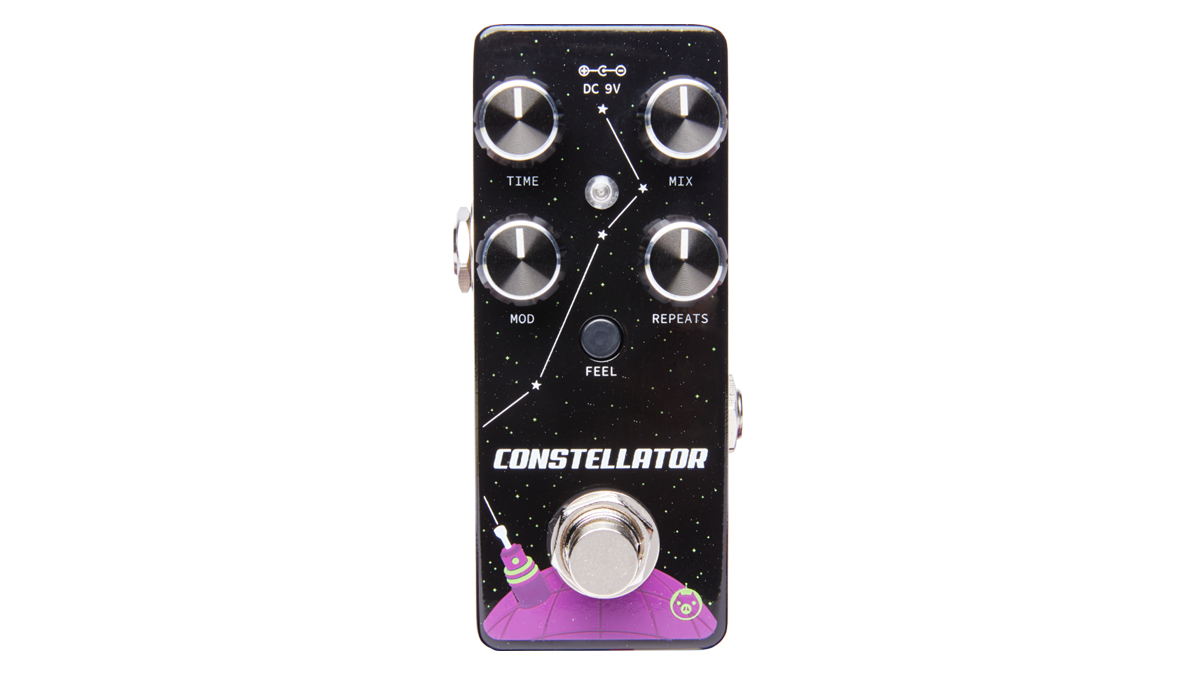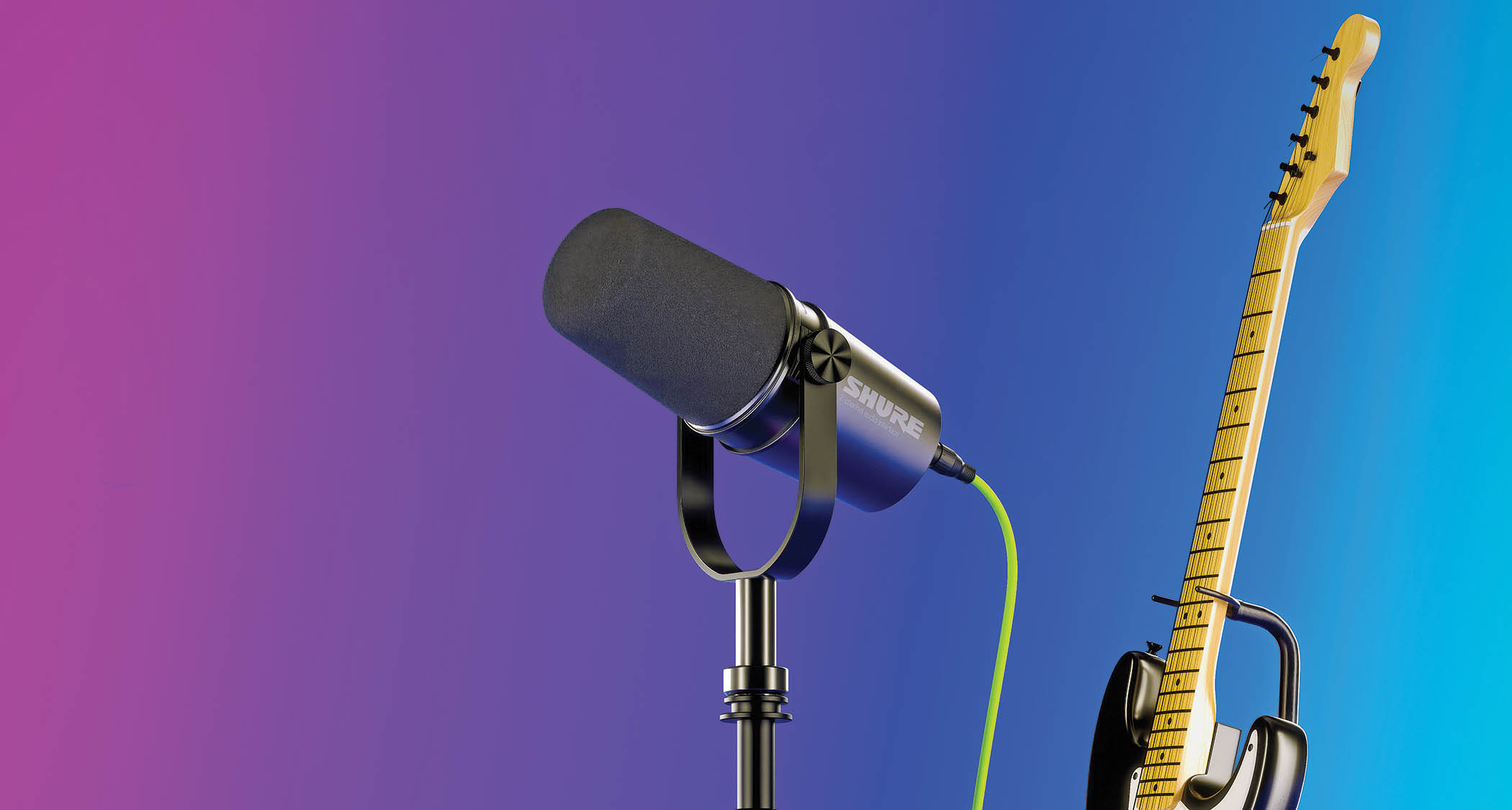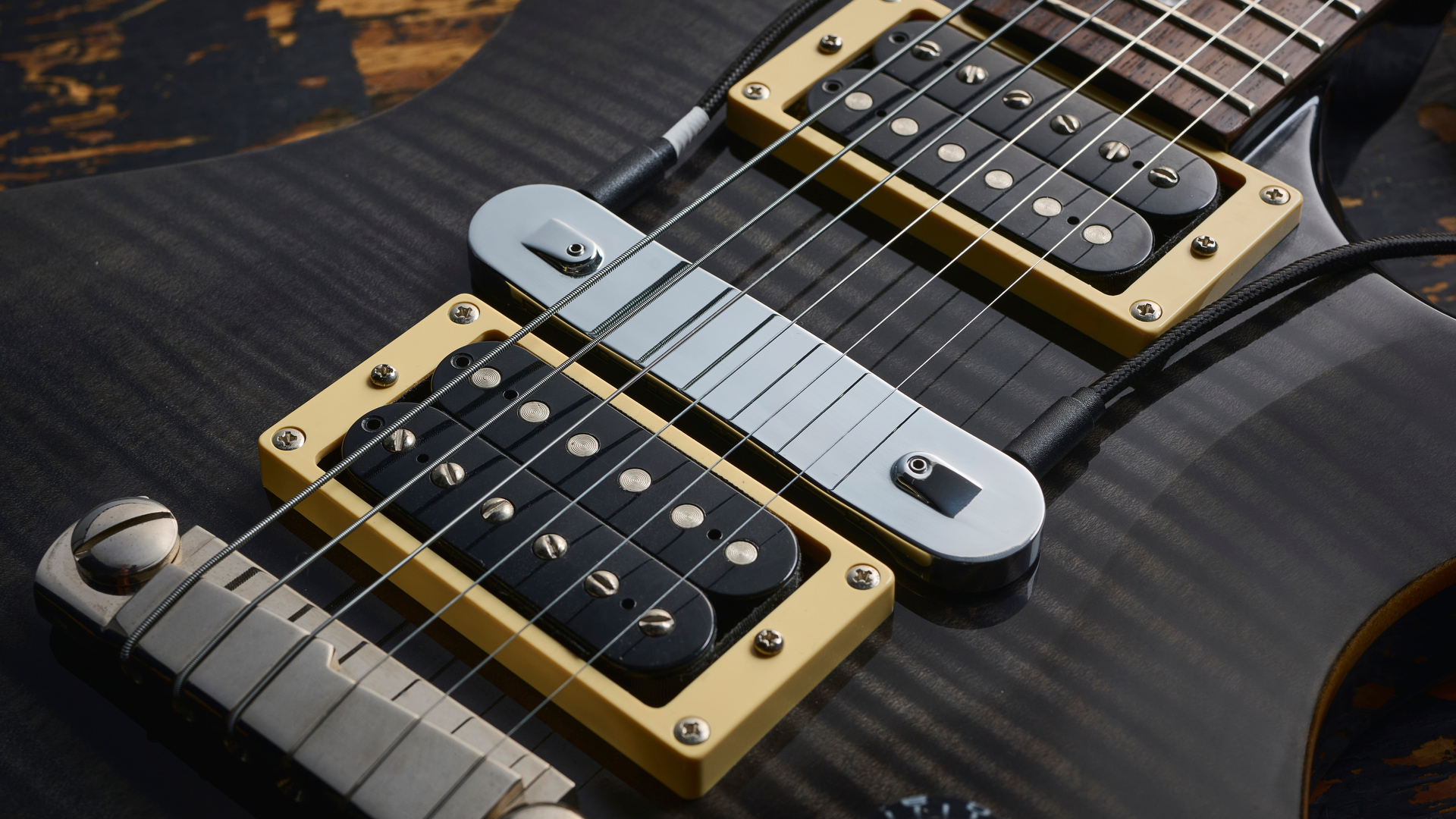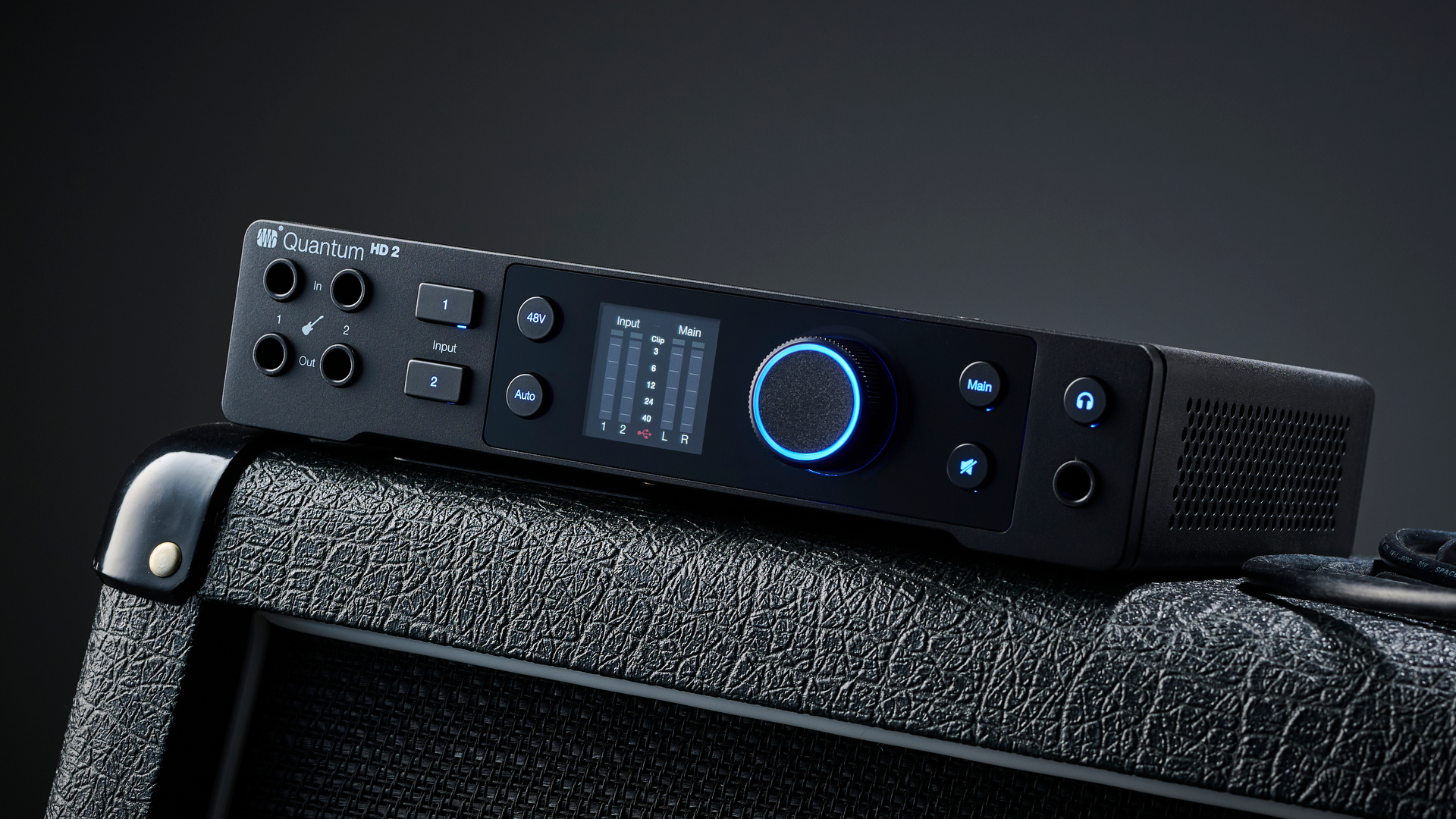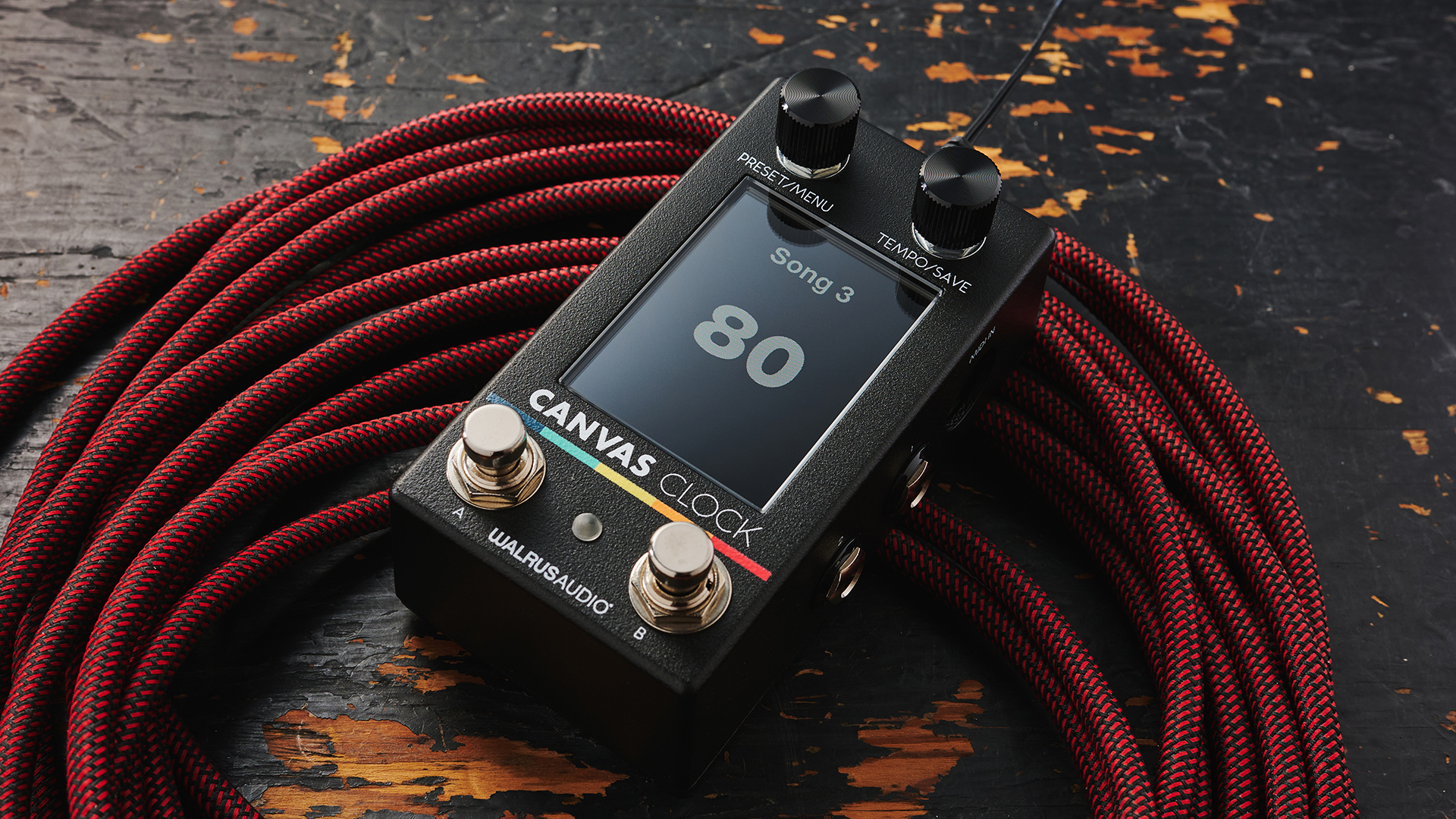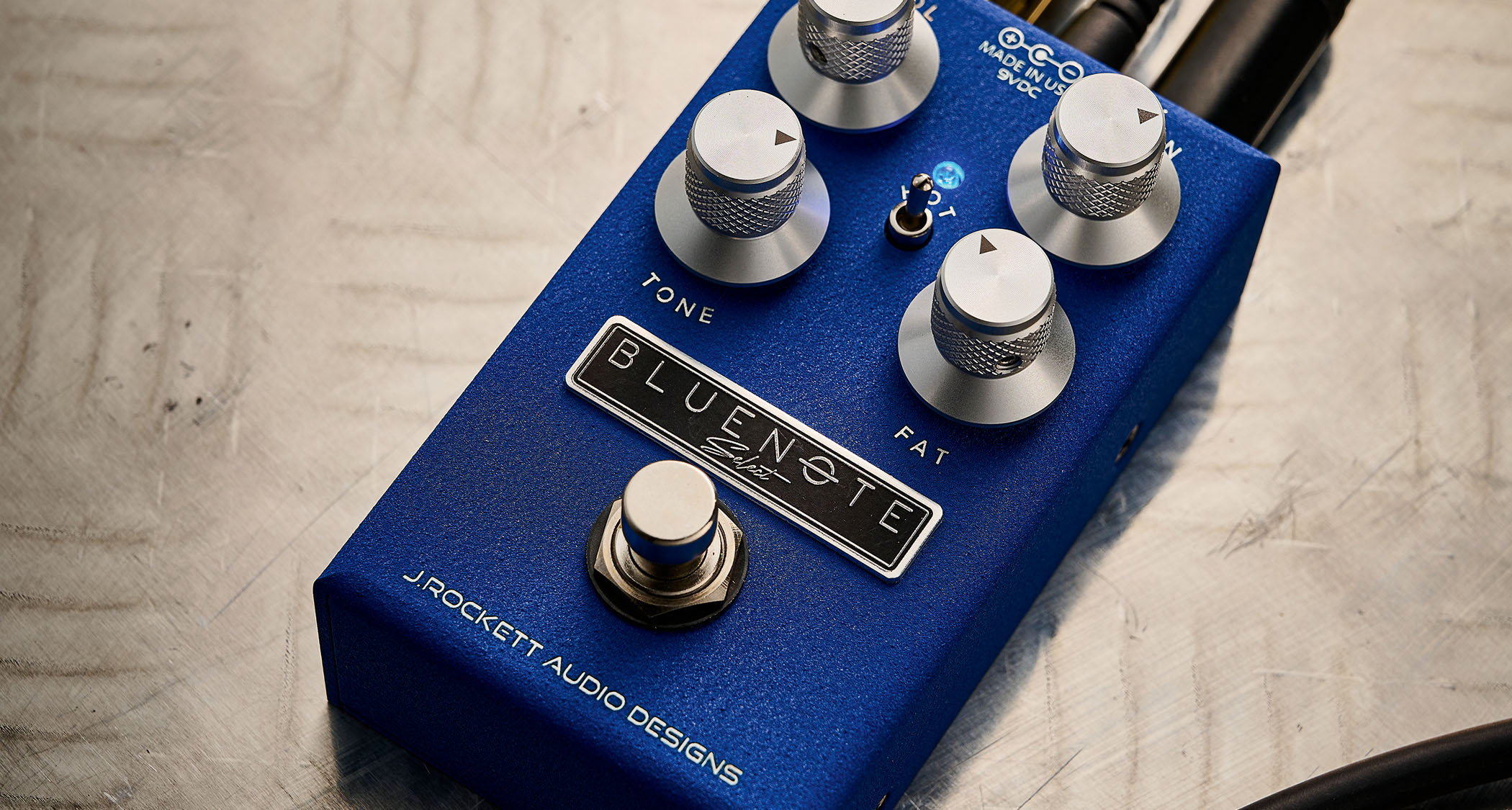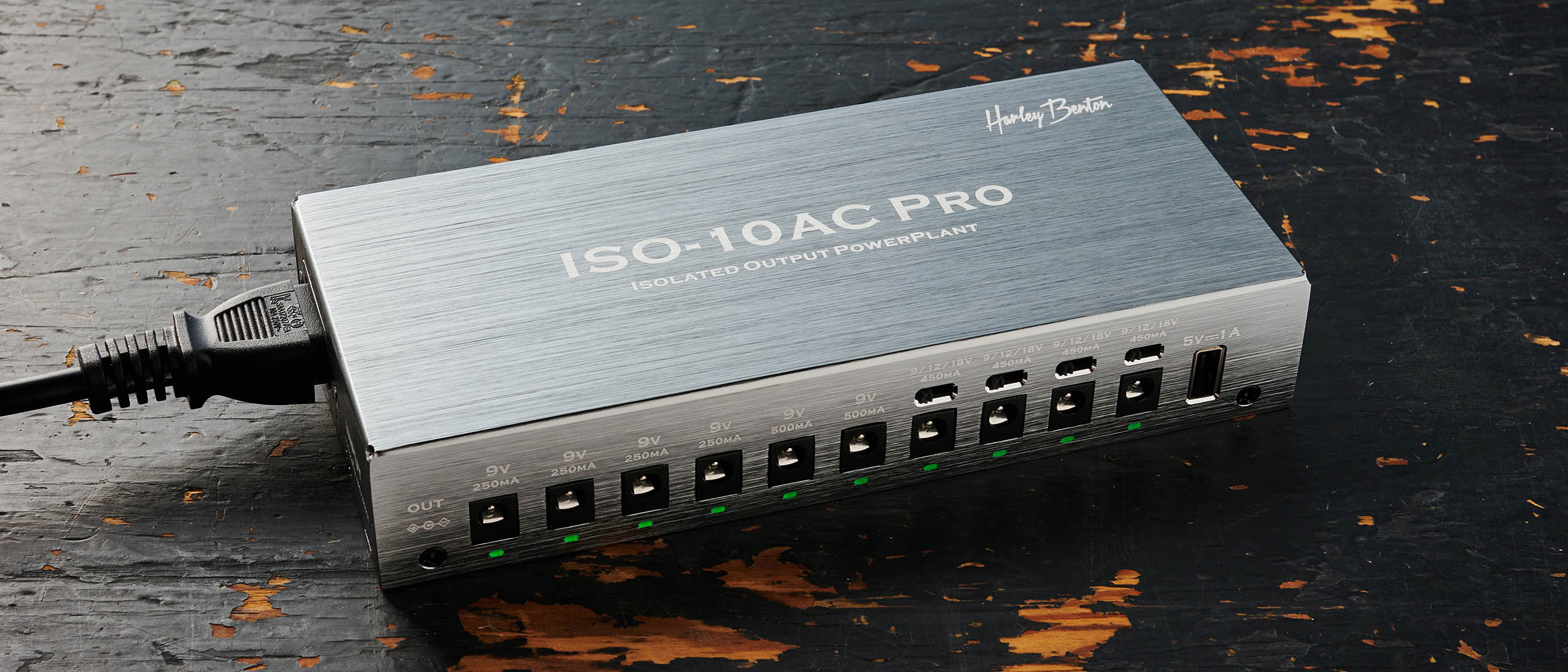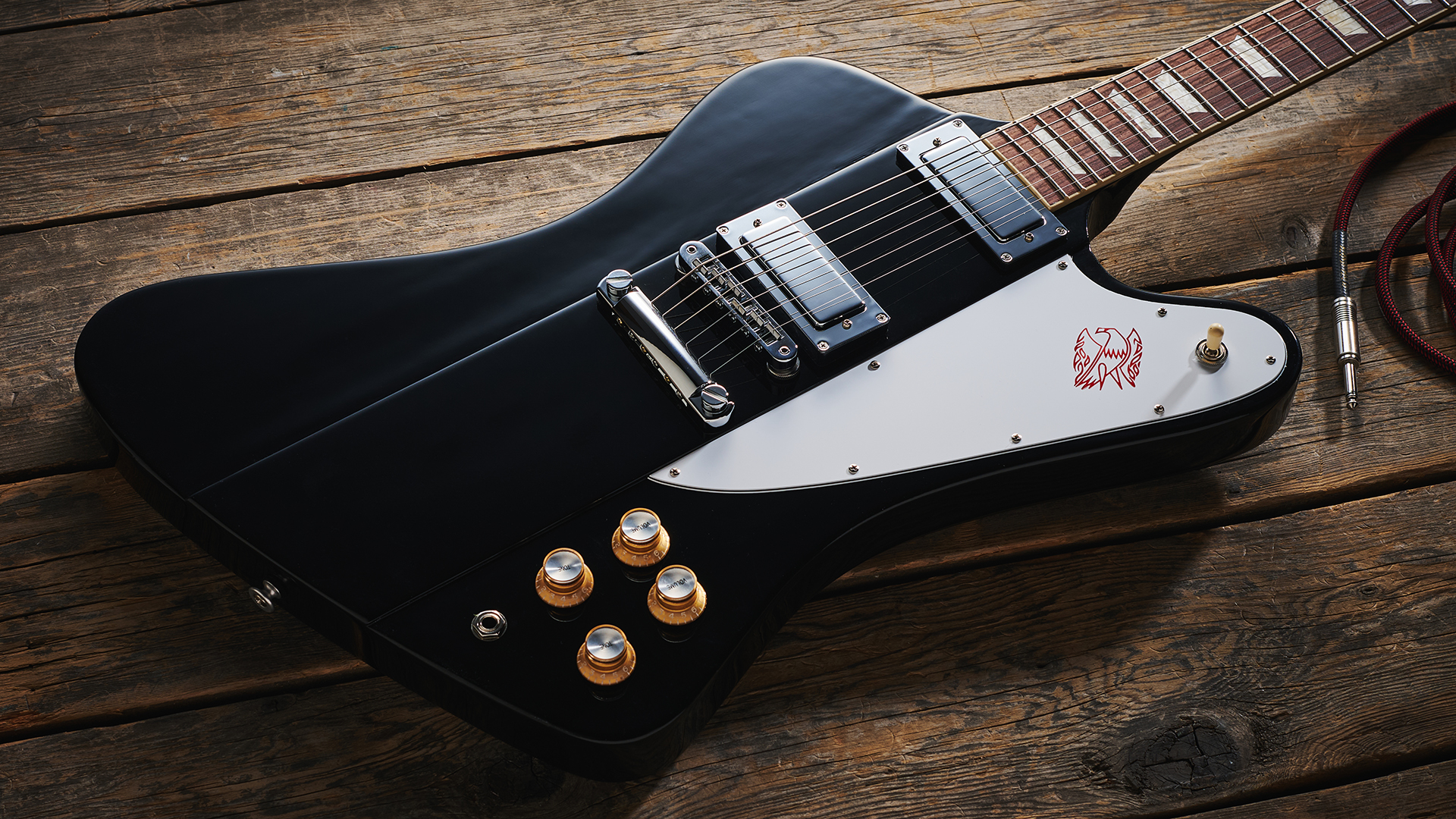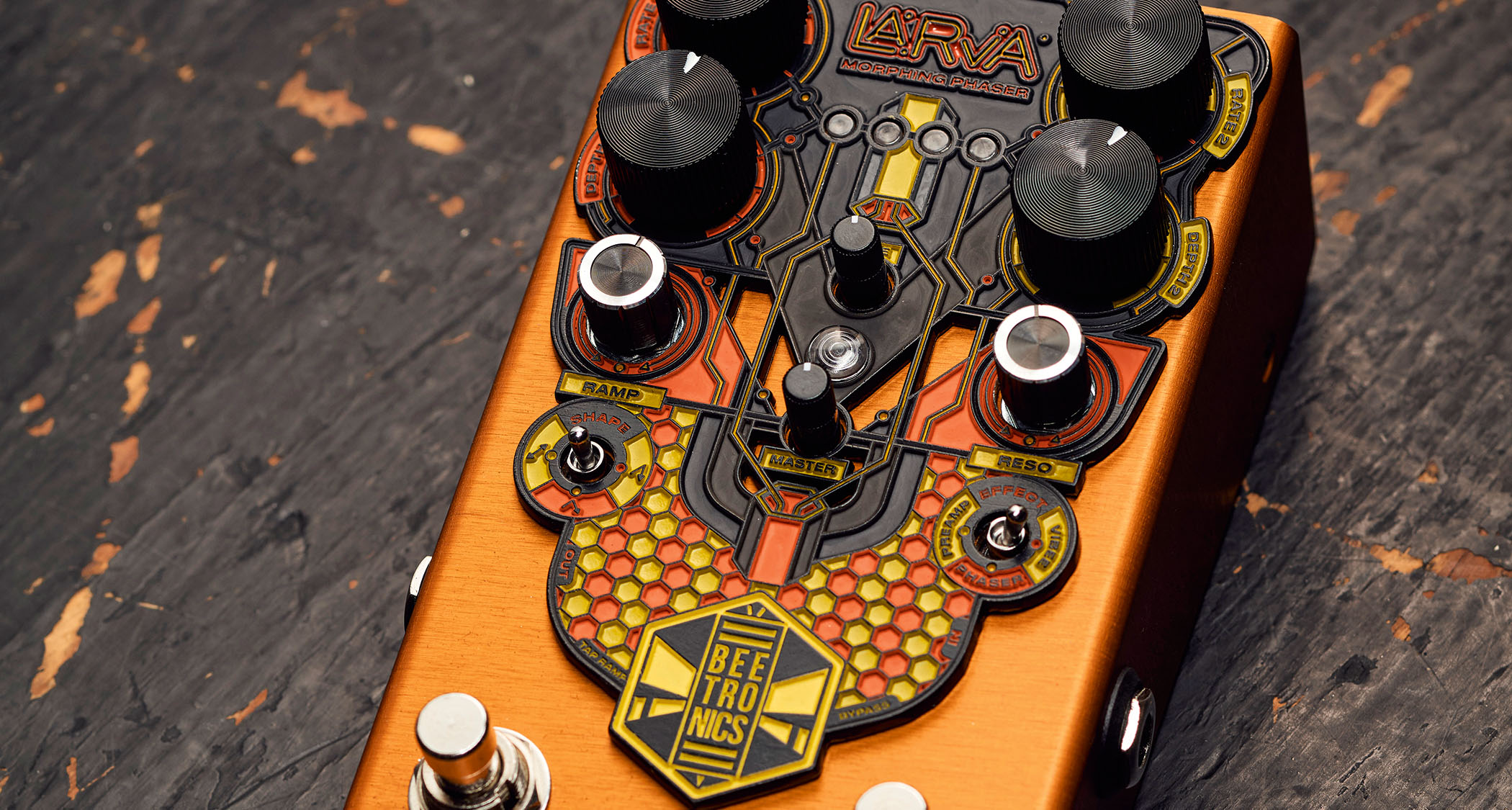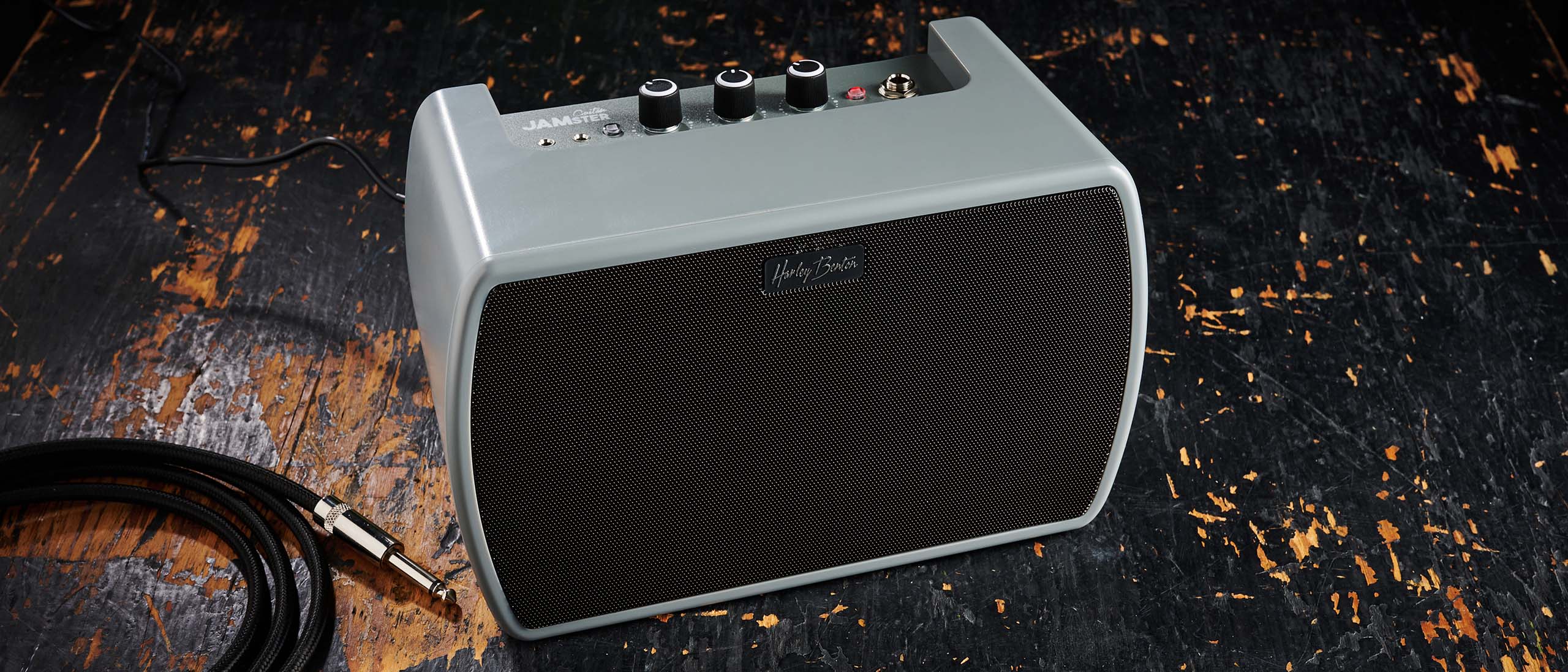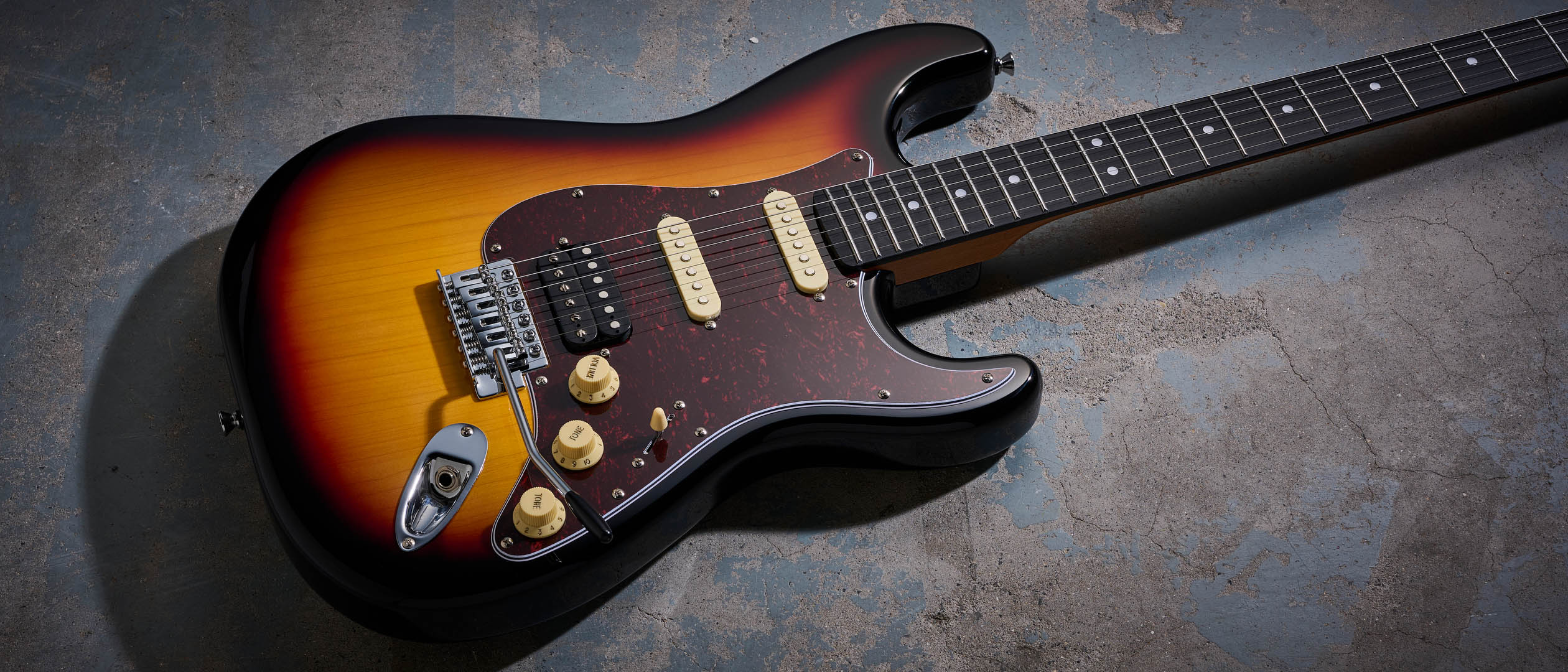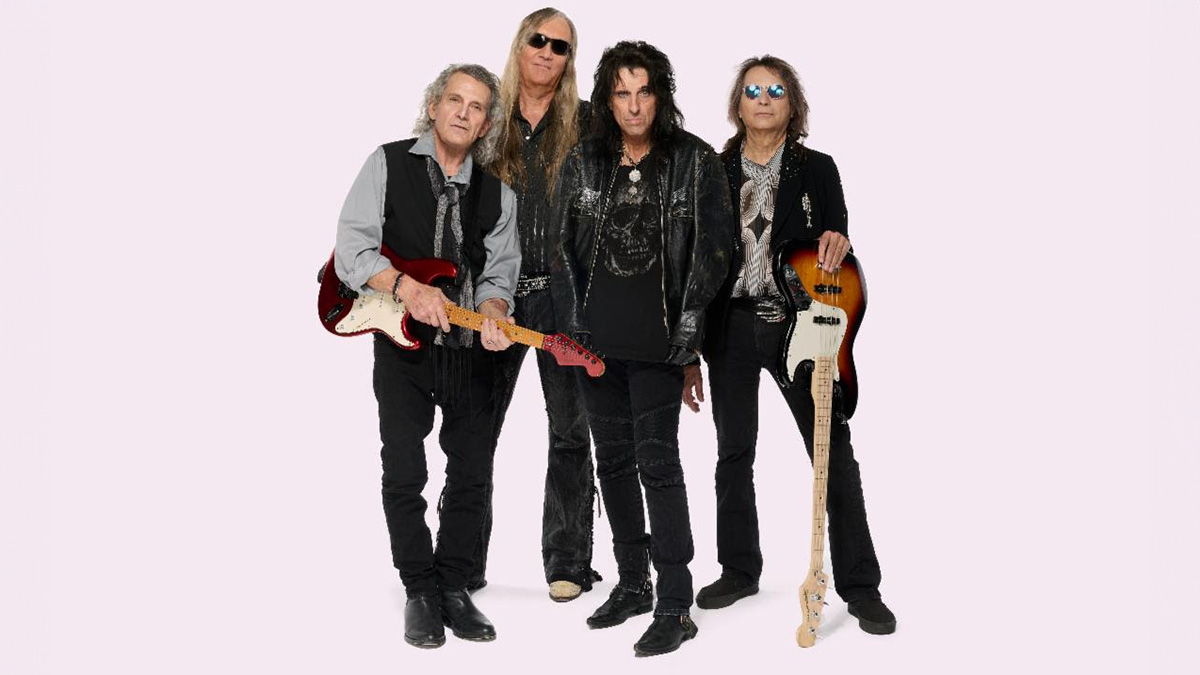Guitar World Verdict
An excellent way to easily add real analogue delay to your ’board.
Pros
- +
BBD-driven repeats.
- +
Up to 600ms of analog delay.
- +
Compact form.
- +
Versatile.
Cons
- -
Nothing of note.
You can trust Guitar World
The Constellator is an analogue delay pedal with two MN3005 BBD chips (modern versions of those found in some vintage pedals) allowing up to 600ms of delay time, and it has the standard triumverate of Time, Mix and Repeats knobs but also a control for adding modulation.
Two modulation choices are toggled by the Feel button, which adjusts parameters simultaneously for a different flavour – basically chorus or vibrato. Between the two, there’s plenty to explore whether it’s subliminal shading, tape echo-style wobble on the repeats or full-on rich modulated delay.
Those repeats are everything you’d expect of an analogue delay, melting off and degrading into the distance and going into self-oscillation if desired. From metallic ambience through vintage slapback to Edge-style rhythmic repeats and longer spacey echoes, there’s plenty here.
- For more on Pigtronix's compact, space-themed pedals, see our review of the Moon Pool Tremvelope Phaser.
Specs
- PRICE: $179 / £165
- ORIGIN: China
- TYPE: Analogue delay pedal
- FEATURES: Buffered bypass
- CONTROLS: Time, Mix, Mod, Repeats, Feel, Bypass footswitch
- CONNECTIONS: Standard input, standard output
- POWER: 9V DC adaptor (not supplied)
- DIMENSIONS: 43 (w) x 93 (d) x 45mm (h)
- CONTACT: Pigtronix
Trevor Curwen has played guitar for several decades – he's also mimed it on the UK's Top of the Pops. Much of his working life, though, has been spent behind the mixing desk, during which time he has built up a solid collection of the guitars, amps and pedals needed to cover just about any studio session. He writes pedal reviews for Guitarist and has contributed to Total Guitar, MusicRadar and Future Music among others.
“Jimi was staying at a hotel in Times Square. He had his hair set in pink curlers and we would just talk band drama”: Electro-Harmonix founder Mike Matthews on befriending Hendrix, booking Chuck Berry and the birth of pedal culture
“The original Jordan Boss Tone was probably used by four out of five garage bands in the late ’60s”: Unpacking the gnarly magic of the Jordan Boss Tone – an actual guitar plug-in that delivers Dan Auerbach-approved fuzz
